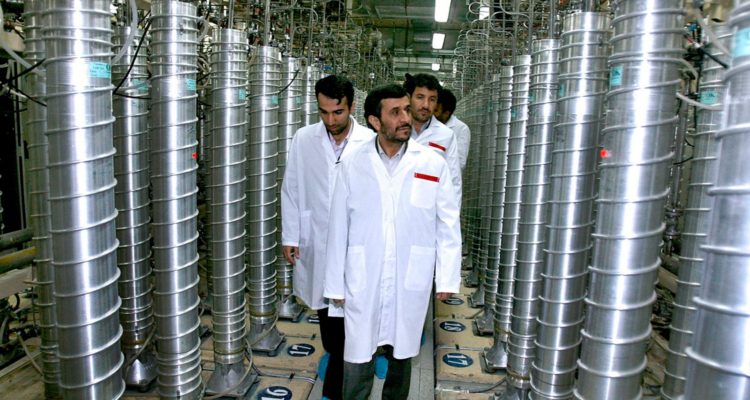The U.S. and Iran are due to resume indirect talks on reviving the 2015 nuclear deal Monday.
By Donna Rachel Edmunds, World Israel News
The United States and her allies will pile more pressure on Iran if the regime tries to use upcoming nuclear talks to buy itself more time to advance it’s nuclear ambitions, the US Special Envoy has said.
“If Iran thinks it can use this time to build more leverage and then come back and say they want something better it simply won’t work. We and our partners won’t go for it,” US special envoy on Iran Robert Malley told BBC Sounds, as quoted by Reuters.
The U.S. and Iran are set to resume indirect talks on reviving the 2015 Joint Comprehensive Plan of Action, commonly referred to as the Iran nuclear deal, Monday, with members of the international community also present.
But while the U.S. and its allies want Tehran to halt refinement of uranium beyond the levels required for domestic energy, to weapons grade, Iranian officials have made it clear that their goal is to overturn sanctions that have been placed on its economy, while taking the nuclear question off the table as far as possible.
Iran has already enriched 25kg to 60% in contravention of previous agreements. Experts fear it is aiming for a ‘breakout’ strategy, putting all the pieces in place to build a warhead at short notice.
“If that’s Iran’s approach, which is to try to use the negotiations as cover for an accelerated nuclear program, and as I say, drag its feet at the nuclear table, we will have to respond in a way that is not our preference,” Malley said. “Nobody should be surprised if at that point there is increased pressure on Iran.”
He added: “We hope not to get that there, but if we are, then pressure will have to increase to send a message to Iran that the choice it is making is the wrong one. That it has a different path available to it, but it’s not a path open indefinitely because Iran’s nuclear program is putting the very essence of the deal negotiated (in 2015) at risk.”
It is not yet clear what action the U.S. might take if Iran does advance its nuclear program further. While some in Washington prefer a diplomatic approach, General Kenneth McKenzie, the top US commander in the Middle East has indicated that is forces are on standby should talks fail.





